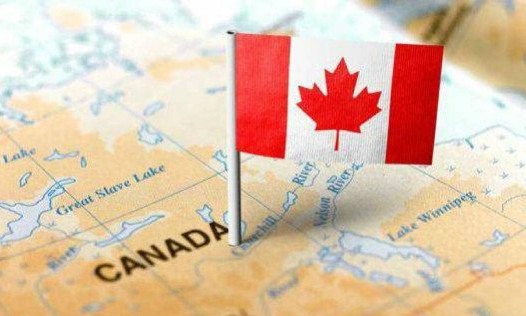Payment is being processed. Please do not refresh or close this page until your payment is complete.
 Book an Appointment
Book an Appointment

Canada's new immigration regulations grant border officials greater authority to cancel study, work, and visitor visas. This change, effective January 31, 2025, affects thousands of international students and workers, particularly from India.
Canada’s immigration landscape has undergone significant changes, with new regulations granting border officials increased power to cancel study permits, work permits, and visitor visas. These changes, effective January 31, 2025, are already causing concern among international travellers, particularly Indian students and workers.
Key Changes: What Travellers Need to Know
1. Expanded Cancellation Powers
The new Immigration and Refugee Protection Regulations empower border officials to cancel temporary resident documents, including Electronic Travel Authorizations (eTAs) and Temporary Resident Visas (TRVs), under specific conditions.
2. Student Direct Stream (SDS) Cancellation
Adding to the complexity, the Student Direct Stream (SDS) program, which expedited visa processing for students, was discontinued in late 2024. This program required students to demonstrate upfront financial resources, such as tuition fees and Guaranteed Investment Certificates (GICs).
Expanded Authority to Cancel Visas and Permits
Under the revised rules, Canadian border officials now have the power to cancel temporary resident documents, including:
• Electronic Travel Authorizations (eTAs)
• Temporary Resident Visas (TRVs)
• Study and Work Permits
This policy shift is particularly concerning for Indian nationals, as Canada remains a top destination for higher education.
According to India’s Ministry of External Affairs (MEA), approximately 427,000 Indian students were studying in Canada as of 2024. Additionally, between January and July 2024, Canada issued 365,750 visitor visas to Indian applicants.
Reasons for Visa and Permit Cancellations
Visas and permits can now be revoked under the following conditions:
• Providing false information during the application process.
• Having a criminal record.
• The individual has passed away.
• Border officers doubt that the traveler will leave Canada when their authorized stay expires.
• Lost, stolen, or destroyed documents, or those issued due to an administrative error.
• Temporary residents who acquire permanent residency.
• International students denied a work or study visa renewal.
With these new regulations, IRCC expects to cancel around 7,000 additional temporary resident visas, work permits, and study permits.
What Happens If Your Visa or Permit Is Cancelled?
1. Port of Entry Rejection: If officials cancel a visa or permit at the port of entry, they will deny the individual entry and send them back to their home country.
2. In-Country Cancellation: If authorities cancel a permit while the individual is in Canada, they will issue a notice requiring them to leave the country by a specified date.
3. Notification: IRCC has stated that affected individuals will be notified through their IRCC account or via email.
Staying Informed and Prepared
• Travellers planning to visit, study, or work in Canada are advised to:
• Regularly check their IRCC account and email for updates.
• Ensure all provided information is accurate and complete.
• Maintain valid and up-to-date travel documents.
• Stay informed about the latest immigration regulations.
Conclusion
These stricter immigration policies highlight Canada’s evolving approach to temporary residency and visa compliance. International students and workers should stay updated on the latest immigration regulations to ensure compliance and avoid disruptions to their stay in Canada.
Source: https://travelobiz.com/canada-tightens-visa-rules-study-work-permits-at-risk-2025/